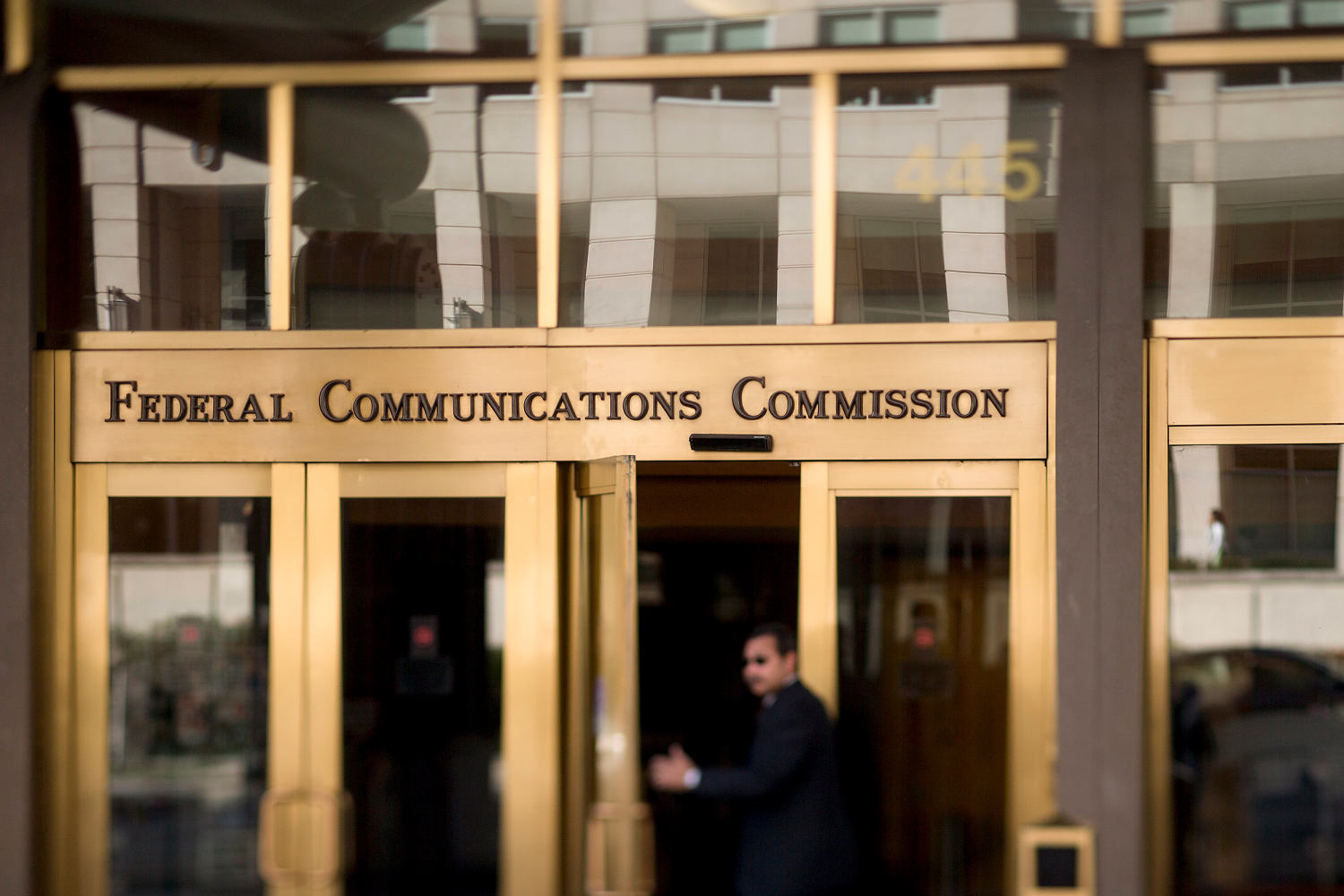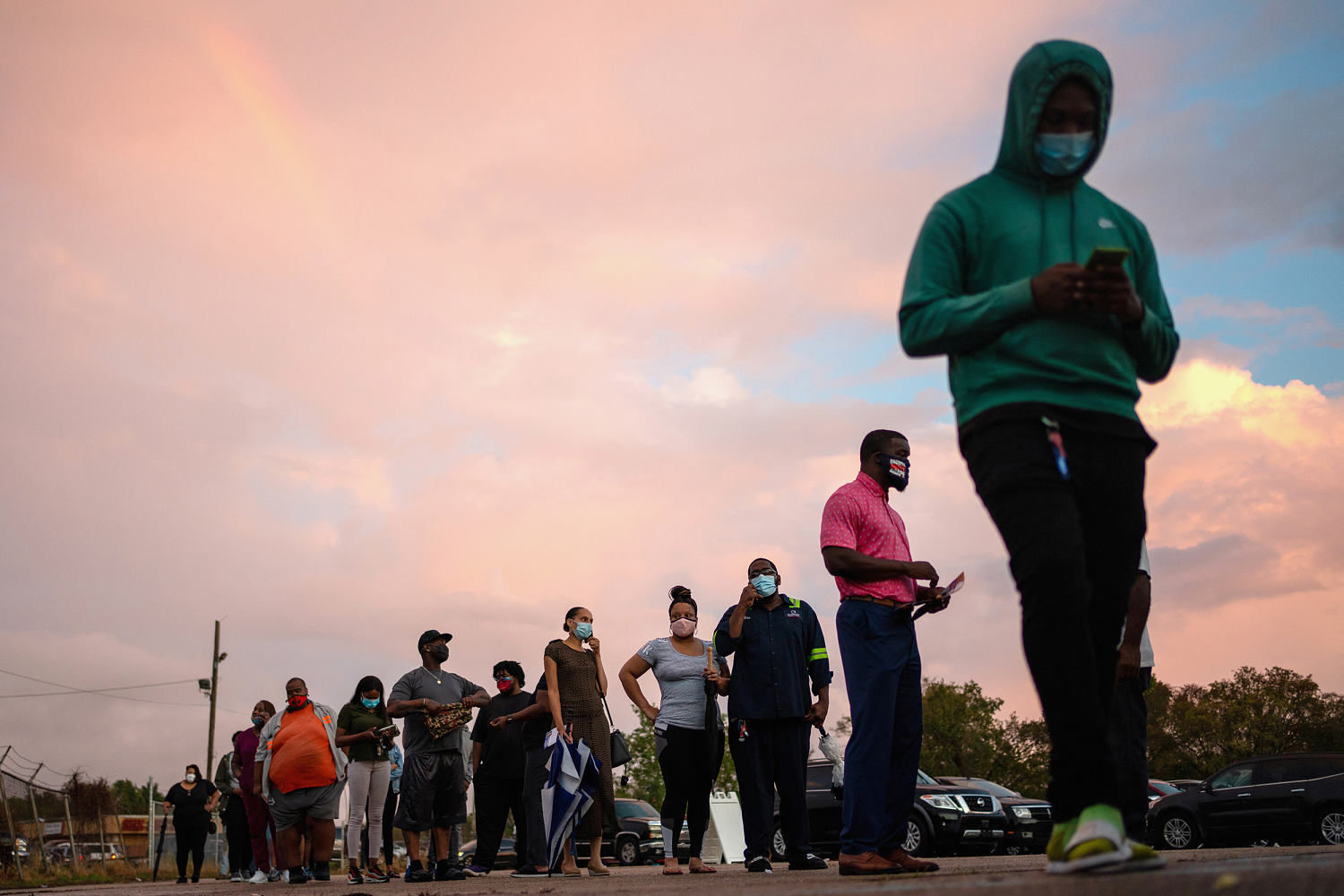BestReviews is reader-supported and may earn an affiliate commission.
Best Prime Day 2024 Deals


The Supreme Court announced Friday it will hear a case that could deliver another blow to federal agencies’ powers.
The justices agreed to take up the government’s appeal of a decision invalidating the Universal Service Fund (USF), a federal subsidy aimed at providing affordable telecommunications services to rural and low-income consumers. It spends about $9 billion annually.
A lower panel found the funding mechanism violates the nondelegation doctrine, which bars Congress from delegating its lawmaking powers to the executive branch.
BestReviews is reader-supported and may earn an affiliate commission.
Best Prime Day 2024 Deals
Some legal scholars have declared the theory “dead,” but business interests have hoped the conservative-majority Supreme Court will revitalize it.
Taking up the dispute enables the Supreme Court to address the scope of the constitutional doctrine after sidestepping it in recent cases. The court signaled it could again avoid tackling the issue, however, as it asked the parties to also argue whether the case is moot.
Consumers’ Research, a conservative nonprofit, filed a series of lawsuits claiming Congress violated the nondelegation doctrine by allowing the Federal Communications Commission (FCC) to determine how much telecommunications companies must contribute to the fund.
The fund also runs afoul of the doctrine, the group argued, because the FCC uses financial projections from a private company to set the contribution rates.
In June, the Supreme Court turned away Consumers’ Research’s appeals of two lower decisions rejecting their challenges.
But things changed when the U.S. Court of Appeals for the 5th Circuit went the other way in a third case, creating a circuit split and throwing the fund’s future in doubt.
“The decision below, however, threatens to nullify the universal service programs—to the detriment of the ‘millions of Americans’ whom those programs serve. Such a development would devastate the FCC’s ability to ensure sufficient funding for universal service subsidies going forward,” the Justice Department wrote in its petition.
After the 5th Circuit’s ruling, Consumers’ Research re-upped its rejected petitions and again urged the Supreme Court to take up the constitutional issue.
“Time is of the essence because the government continues to collect funds for the USF,” the group’s attorneys wrote in court filings.
"American citizens and consumers alike deserve basic accountability in government and in the marketplace," Will Hild, Consumers' Research executive director, said in a statement. "Americans currently are forced to pay a tax with every phone bill, set by unelected bureaucrats, at the recommendation by the same private corporation that receives the revenue. This is absurd and we believe SCOTUS will agree as the 5th Circuit did.”
The new case marks the Supreme Court’s latest opportunity to tackle the nondelegation doctrine.
Last term, the justices could’ve addressed the issue when it considered a challenge to the Securities and Exchange Commission’s in-house courts used to prosecute civil fraud. The justices invalidated the setup on other grounds and didn't reach the nondelegation question.
A similar outcome occurred the previous year, when the Supreme Court upheld a law concerning adoptions of American Indian children. The court found the challengers in the case had no legal standing to raise a nondelegation claim, not addressing the merits of one.
The Supreme Court’s new dispute likewise includes an off-ramp. The justices added an additional legal question of “whether this case is moot because of the challengers’ failure to seek preliminary relief before the Fifth Circuit.”
Updated at 4:51 p.m. EST










